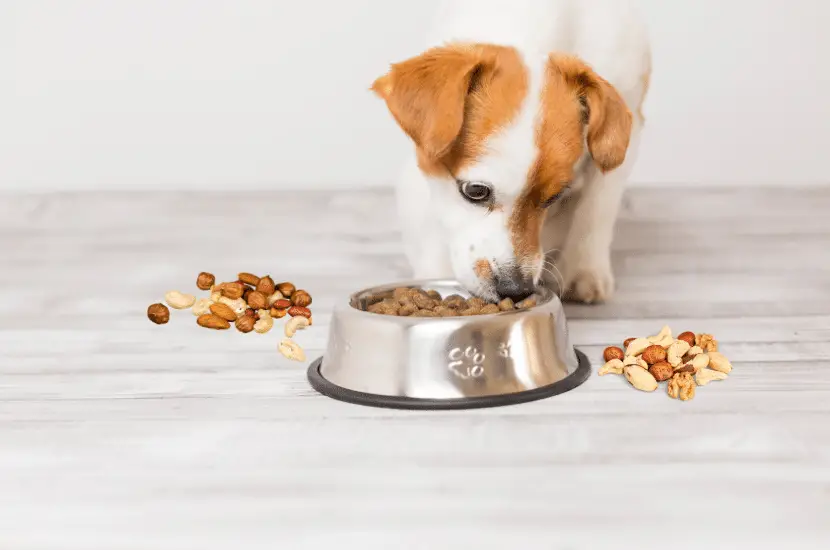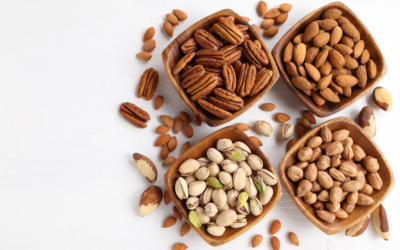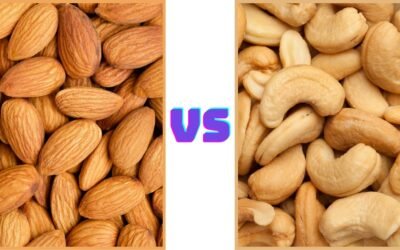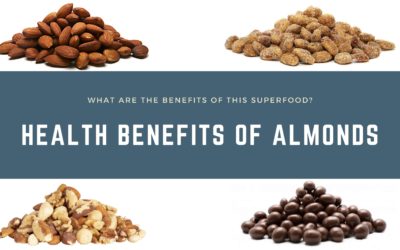
Are Nuts Safe For Dogs? Good Vs Bad
It would be convenient to be able to allow your dog to share some nuts that you are munching, but can dogs eat them? This article addresses that question, so read on to find out more!
Can Dogs Eat Nuts?
Dogs can eat some nuts, but they cannot consume them in large quantities and there are many types that they should avoid as well. Although nuts are small sized and may seem harmless, they contain high amounts of fats and calories which are not recommended for overweight dogs. Instead, you should give them safer treat options such as green beans or unseasoned popcorns. The reason that the high fat content in nuts is bad is because it may cause gastrointestinal upset in dogs susceptible to developing pancreatitis. Pancreatitis is a condition whereby the pancreas becomes inflamed and irritated, requiring a veterinarian’s attention. Symptoms of pancreatitis include vomiting, lack of appetite, lethargy and diarrhoea.
Nuts that dogs can eat
Peanuts
Peanuts that are not salted, coated and flavoured, as well as those without shells can be eaten by dogs. This is because dogs do not frequently experience allergies as humans do, but they still exist. Hence, you should only give them a few since they are also high in fats.
Peanut butter is sometimes given as treats since dogs enjoy them, but they must be given at the lowest salt and fat content, and rarely given. Keep a lookout for Xylitol, a type of artificial sweetener that must be avoided, because it causes low blood sugar and, in some animals, liver failure.
Nuts that dogs should avoid
Almonds are not inherently toxic for dogs, but they should be avoided as the canines of dogs are not strong enough to break the almonds into small pieces. Hence, it may cause gastric intestinal distress to dogs and upset their stomach. Furthermore, almonds are also high in fats in which the pancreas is unable to break down the fats and it may cause pancreatitis.
Cashews
Dogs can eat one or two unsalted, shelled cashew nuts. However, dogs should avoid eating raw cashew nuts as the raw nuts may have remnants of a liquid toxin, similar to ivy poison that originated from cashew nut shells. Hence, cashew nuts are thoroughly heated to remove the toxin and de-shelled before being sold to the market. Cashew nuts also contain high amounts of potassium which is unhealthy for dogs with urinary problems.
Hazelnuts
Hazelnuts are not inherently poisonous, but they should be avoided because of their large size which may cause dogs to choke and have digestive problems. Small dogs can choke on hazelnuts, while larger dogs tend to devour the nuts without chewing, causing intestinal obstruction.
Nuts that dogs must not eat
Pistachios
Pistachios are susceptible to fungus growth, such as the Aspergillus mold that produces aflatoxin that is very harmful for the dog’s liver. The shells of the pistachios are also a hazard, as they will cause blockage in the dog’s intestines if eaten.
Pecans
Pecans are also an avenue for mold growth, such as aflatoxin, which is especially detrimental to the dog’s liver and may even cause death. They also contain juglone, that can cause tremors and seizures to dogs.
Macadamia nuts
Macadamia nuts are one of the most dangerous nuts for dogs. Dogs should not consume macadamias, since it will cause weakness in the back legs, vomit, fever, and depression. However, the scientific explanation for these adverse reactions is still unknown. Even one macadamia nut can be harmful for your dog, so contact a vet immediately if your dog has consumed the nut or shown the above symptoms.
Walnuts
The different types of walnuts such as English walnuts, Black walnuts and Japanese walnuts should not be fed to dogs as the moldy walnuts may contain a fungus termed tremorgenic mycotoxins. This fungus causes the dog to experience tremors, seizures and other neurological complications.
Brazil nuts
Brazil nuts do not have toxins, but they are one of the fattiest nuts. Hence, they should be avoided as it might cause the pancreas to have a hard time digesting the fats, which could lead to pancreatitis in the long run.
Pine nuts
Pine nuts are high in phosphorus and fats, which even in small amounts can irritate your dog’s stomach. If your dog has been eating pine nuts, do send it to a vet as your dog may have a risk of developing pancreatitis or urinary tract problems.
Conclusion
In conclusion, there are no tangible benefits of letting your dogs consume nuts. Rather, you may have to be attentive to your dog in case it mistakenly consumes some of the dangerous nuts listed above.






